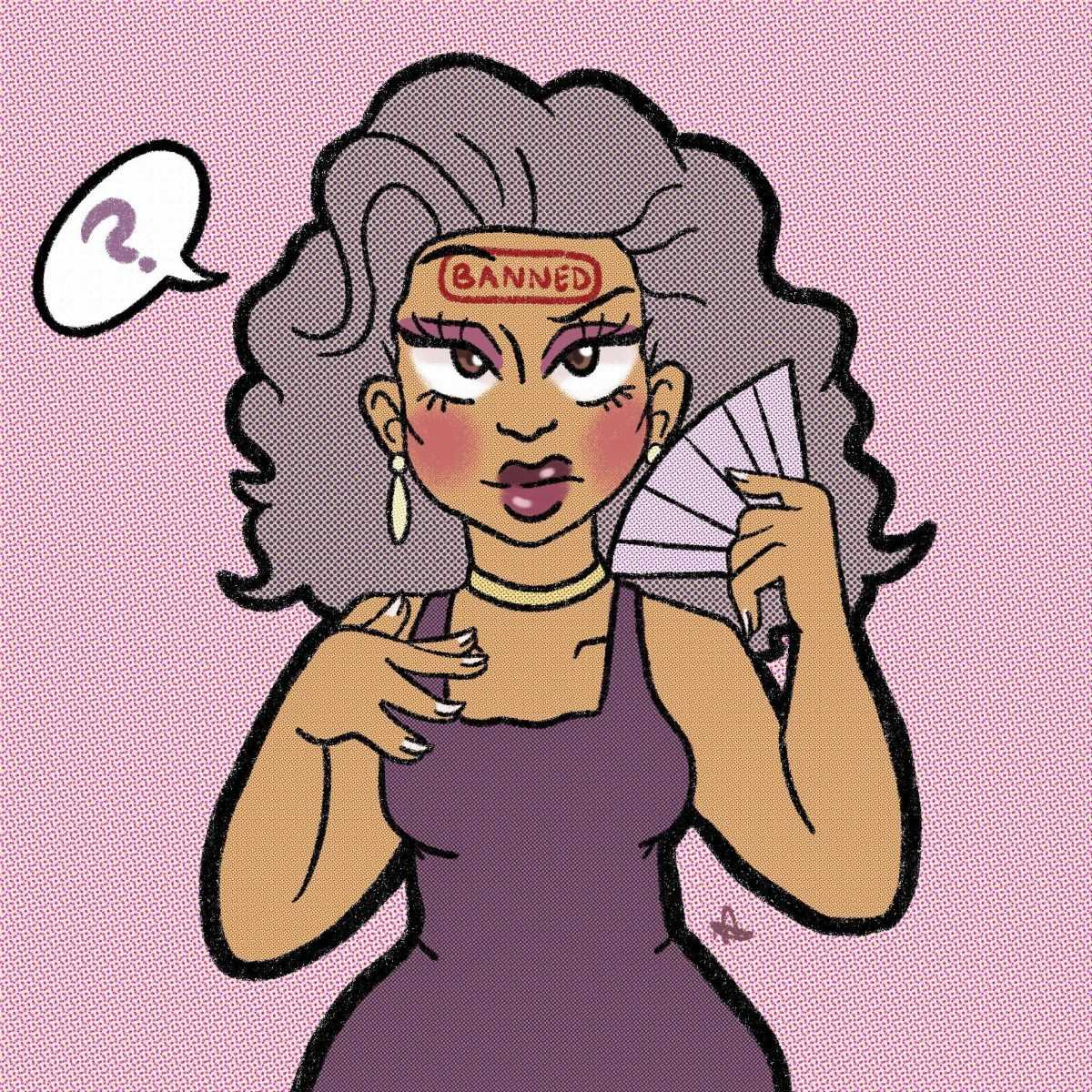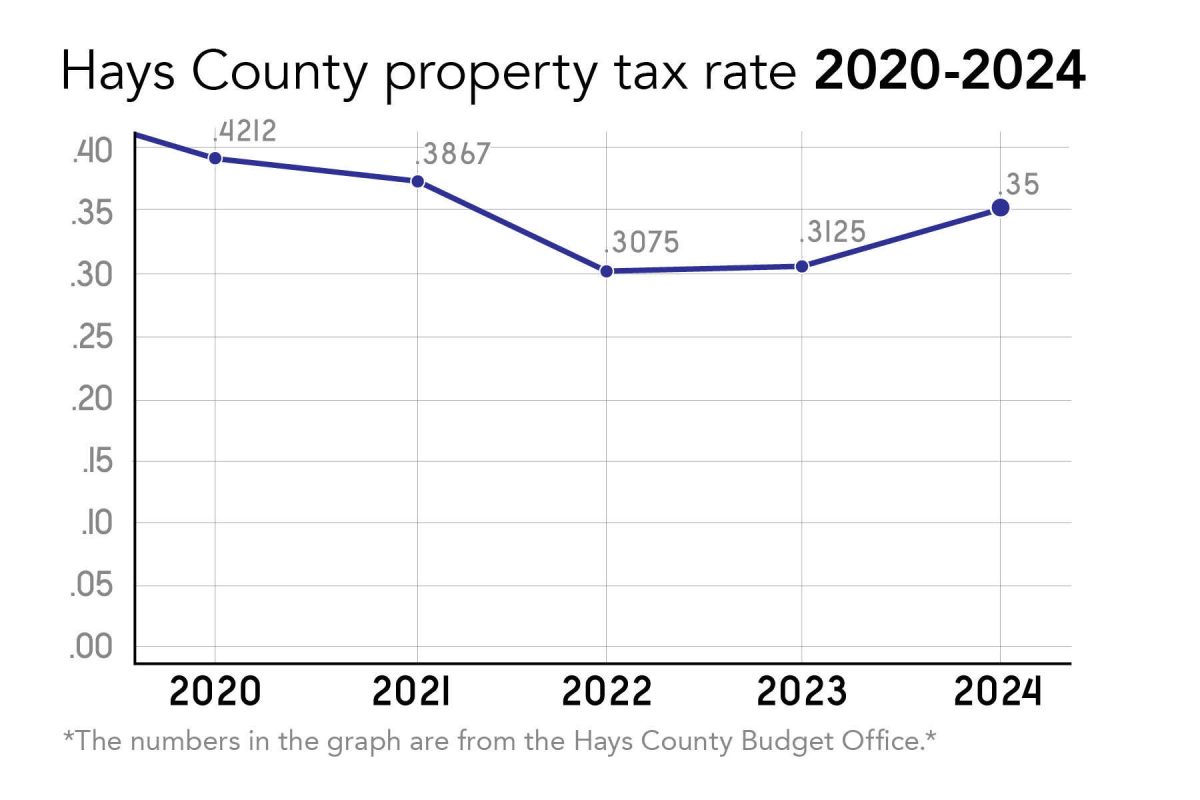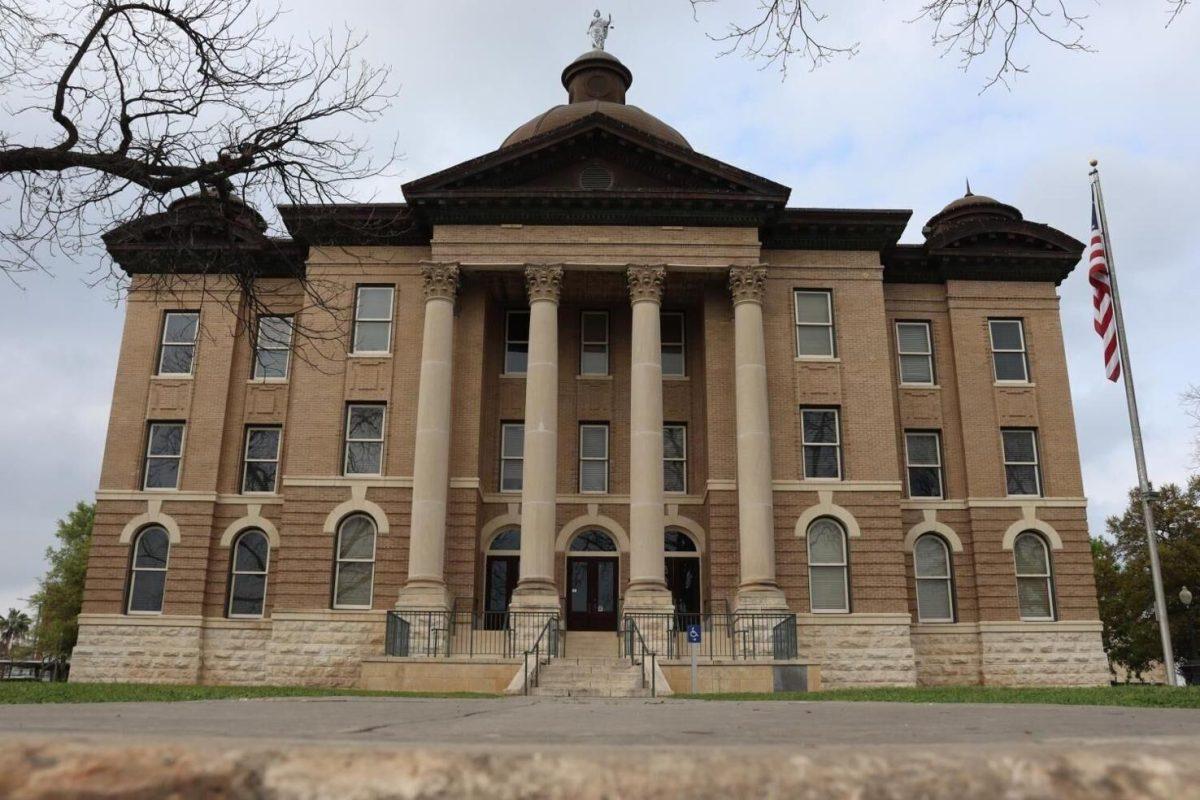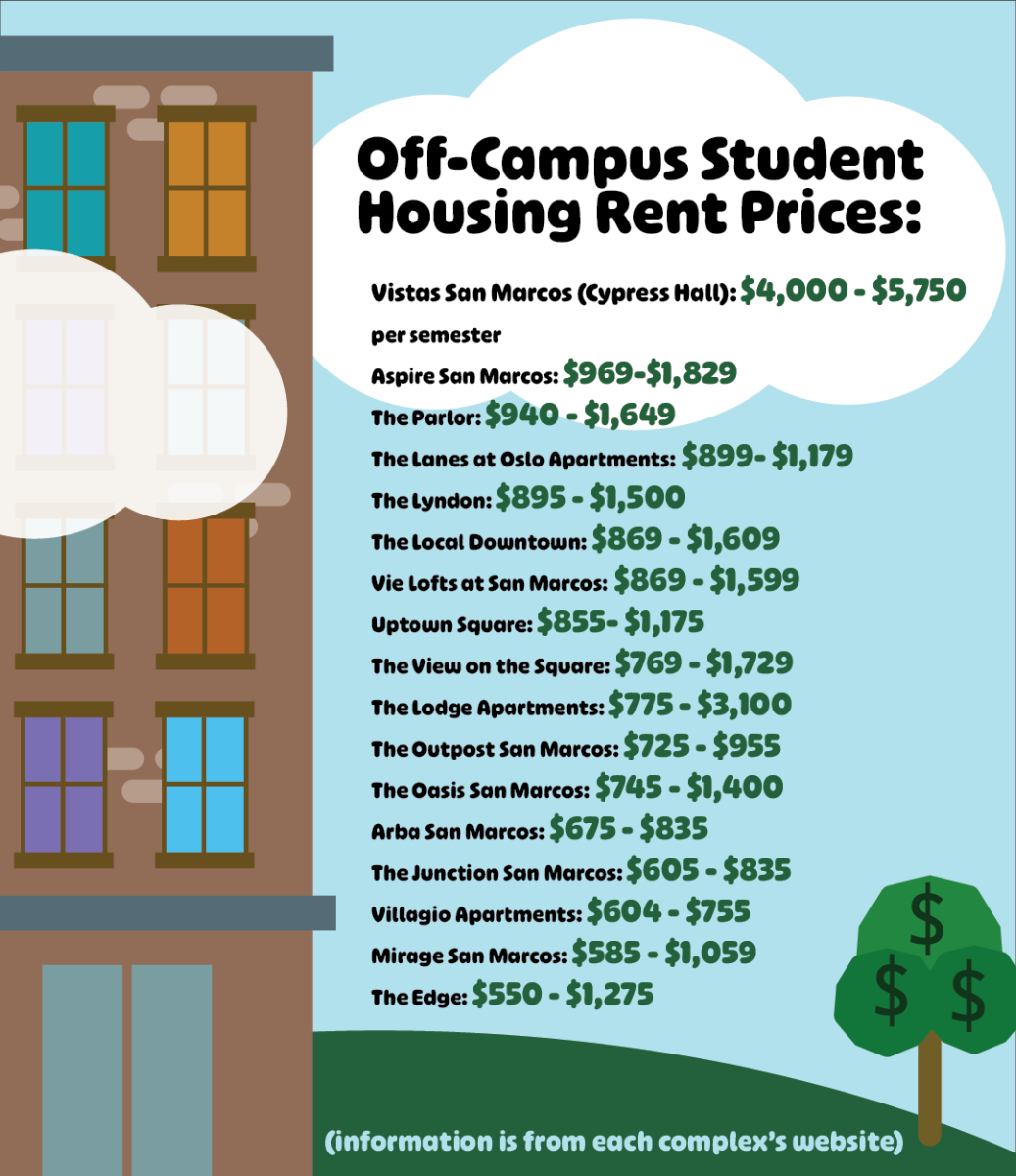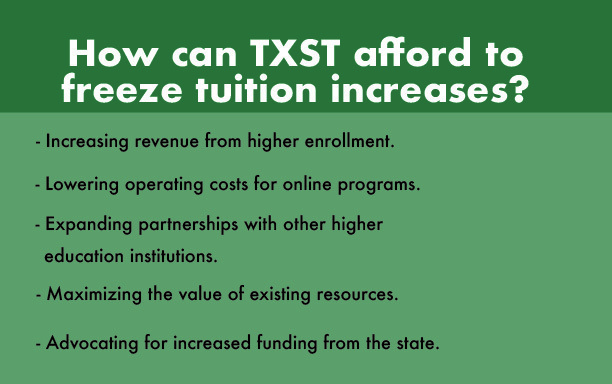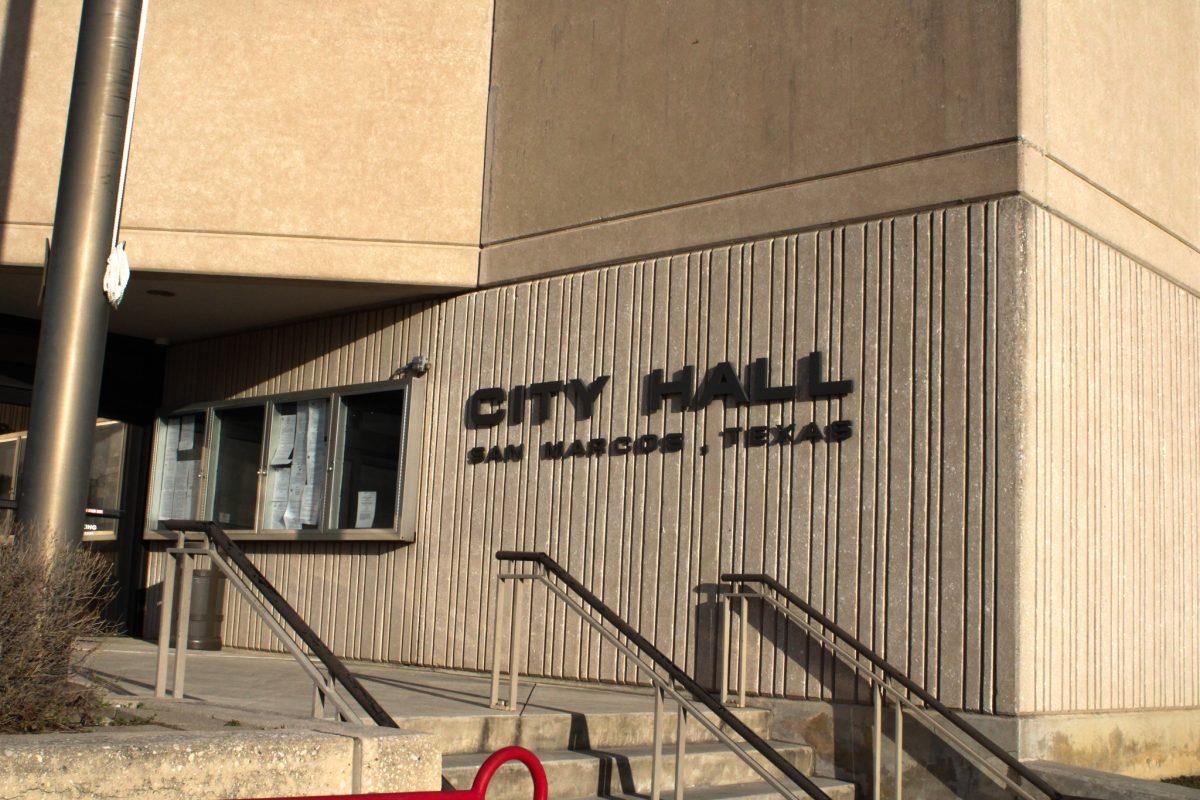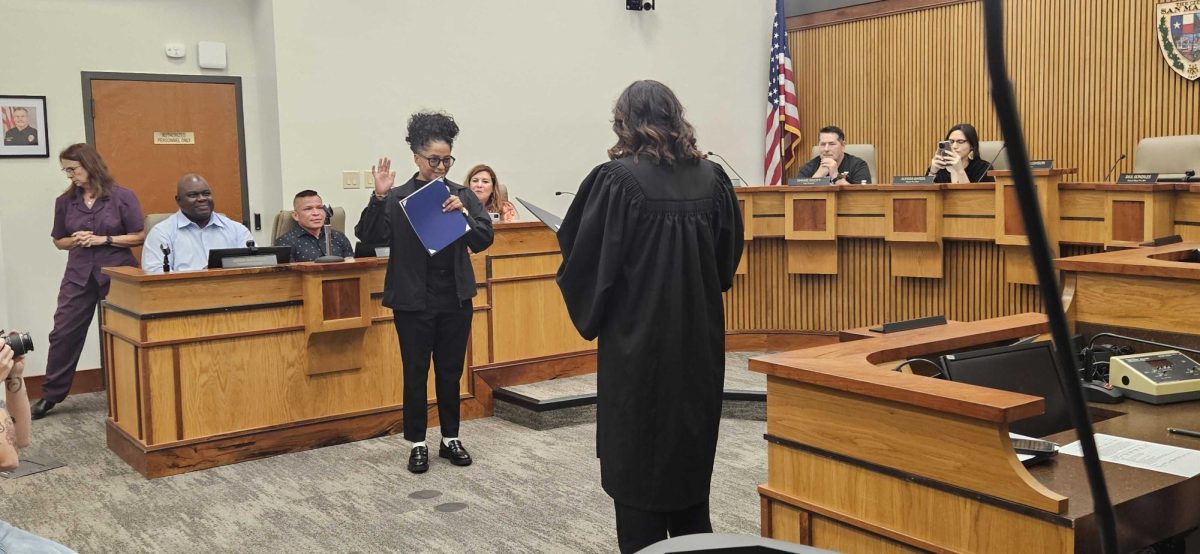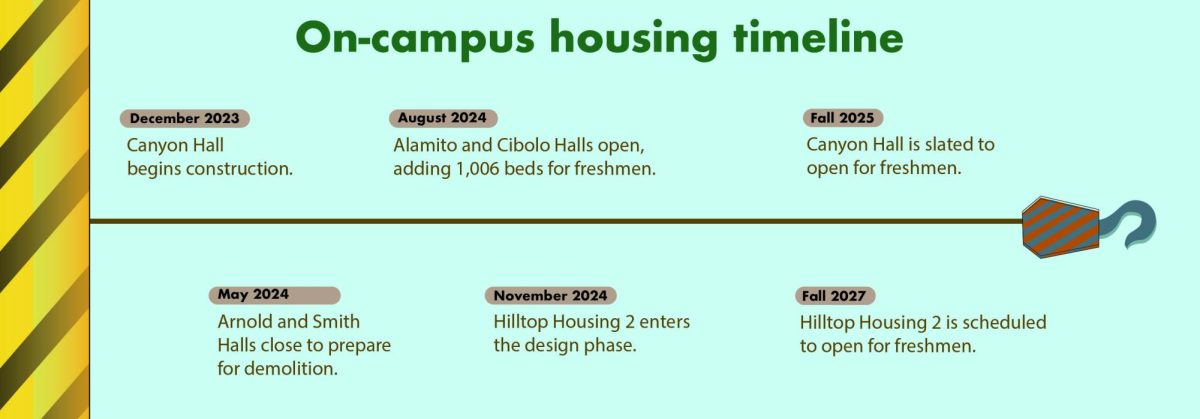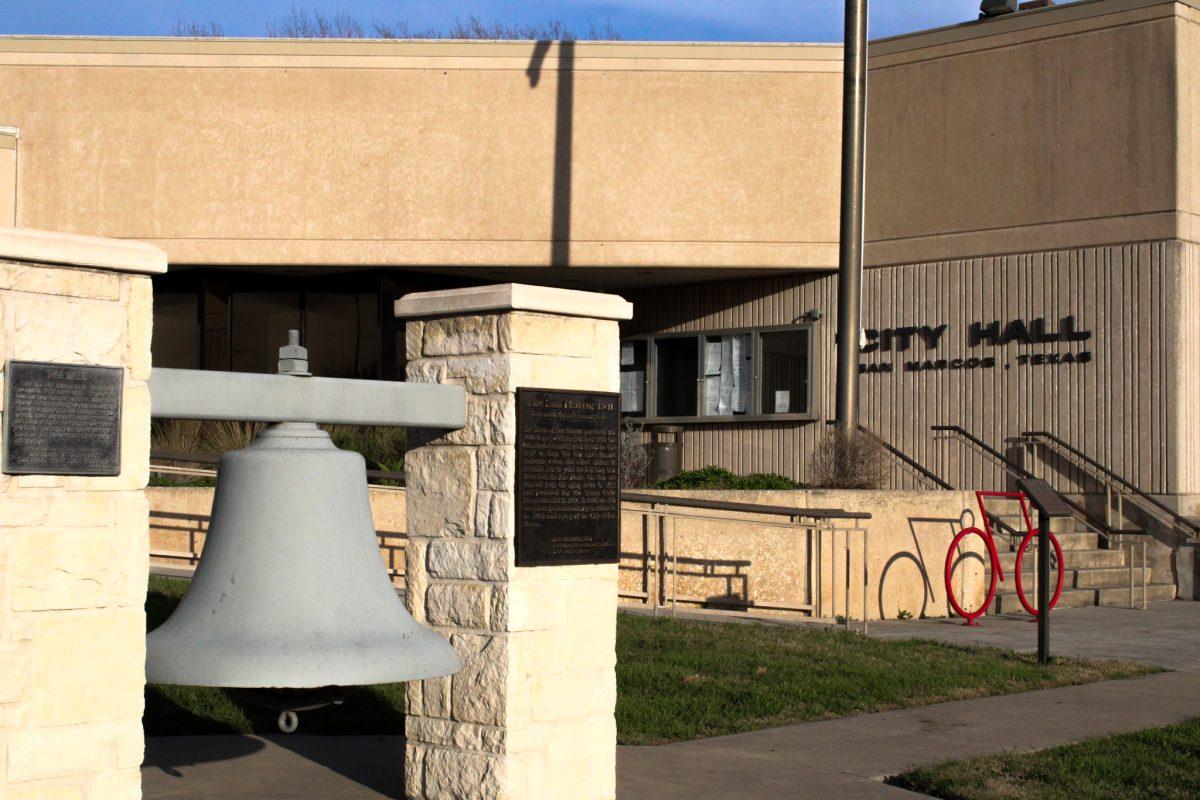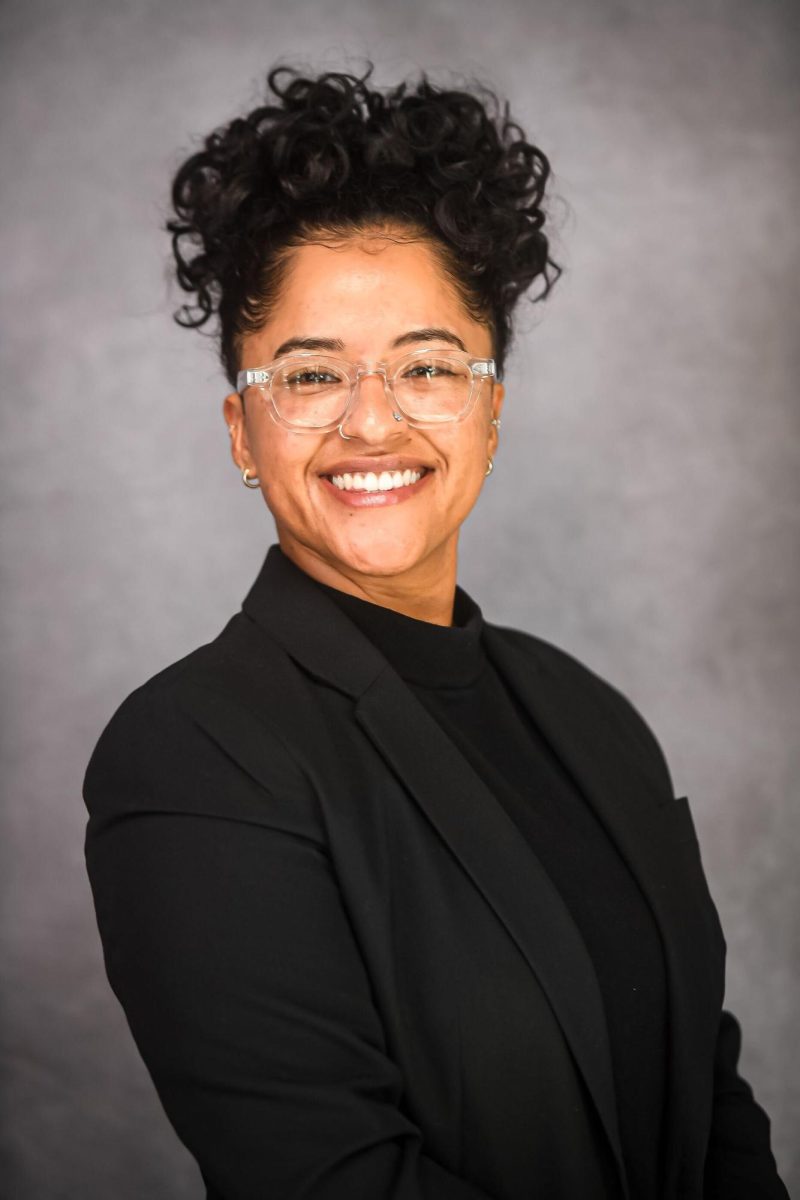On April 5, the Texas Senate passed two bills that attempt to criminalize and restrict aspects of drag performances, and the bills are now headed to the House Committee. If passed and enacted, a law would take effect on Sept. 1, 2023.
Authored by Senator Bryan Hughes, Texas Senate Bill 1601 and Senate Bill 12 can potentially leave a large population of the drag community vulnerable as this is a form of identity and livelihood for many.
Senate Bill 12 reprimands individuals who perform what the bill defines as “sexually oriented performances” in front of a minor or in a public place with a civil penalty of up to $10,000.
Drag queen Nadine Hughes thinks the rise in anti-sentiment toward drag queens after the pandemic spurred this legislation.
“It’s almost like we’re going back in time. It’s 2023, not 1923,” Hughes said. “It baffles me that me putting on makeup and lip-syncing to a Celine Dion song can get me a fine or a misdemeanor, or a like $10,000 charge.”
Drag queen Brigitte Bandit testified against both bills in the Texas Senate. Senate Bill 1601 prohibits events at municipal libraries where “a man presenting as a woman or a woman presenting as a man reads a book or a story to a minor for entertainment” in an attempt to stop events like “Drag Storytimes”, which Bandit has participated in.
“There’s not like a ton of drag queen story times or kid-friendly drag events here [in Austin],” Bandit said. “Most drag queens don’t want to work with kids, it’s not some weird thing we do to try to get around children. I ended up getting a lot of these opportunities because I have previous experience with children and I don’t mind doing it.”
Hughes said this legislation could limit public performances, affecting celebrations like Pride events.
“There are going to be kids that they have queer families or kids that are queer with supportive families that look forward to this every year. They’re not going to be able to go because they’re not 21, because a drag queen is lip-synching. That’s absurd to me,” Hughes said.
Bandit believes there are benefits to children being exposed to drag.
“I think kids are able to see adults and other people express themselves outside of our, modern-day constraints and like social norms,” Bandit said. “It opens their eyes to a world of possibilities of who you can be and how you can be and how you can explore yourself and express yourself. I feel like that’s so important for kids to feel empowered; to get to know themselves and feel confident.”
Bandit’s testimony at the Texas Capitol went viral on social media, as she was born female and does drag, challenging what the legislation defines as drag.
“I didn’t expect my testimony to go viral,” Bandit said. “It was unexpected for me, in that it really forced people to look at drag from a different perspective and a different understanding of how they define drag, [as] just like a man in a dress or woman a dress, and that really resonated with people.”
For both Bandit and Hughes, drag isn’t just a form of expression, it’s also a form of work, and if this legislation were to be enacted it could leave a lot of drag queens in possible financial ruin.
“I don’t know what else I could do in my life… I’ve never had another job,” Hughes said. “The accessibility and visibility of drag because of social media and television has led to amazing opportunities for work. At the end of the day, we’re just people trying to make a living.”
Drag queen Mars Morningstar believes this legislation can have serious implications like leaving drag queens susceptible to violence.
“I do believe that it could become very dangerous if it passed because there are performers, people of the LGBT community and people of color already getting hate crimes,” Morningstar said. “I feel like it’s a very dangerous possibility for me to get hate crimes and for it to be legal for me to get hate crimes.”
In Hughes’ experience, she’s never felt in danger because of drag but recognizes how fortunate she is to feel that way because she lives in a city like Austin.
“I think there comes that risk factor regardless. Before the, you know, the pinpointing of drag queens, we’ve had to deal with people not liking LGBT people to begin with,” Hughes said. “There are officers on the APD who are not only are they LGBT themselves, but I have amazing allies and wonderful people that have taken extra care and precaution for us which my heart goes out for. We always have somebody with us … but that’s because we’re lucky enough in Austin, not everywhere.”
Hughes and others are committed to advocating for the community and against this legislation.
“We are angry, but the great thing about the LGBT community, and the great thing about drag entertainers [is] we are so passionate about what we do, and we love what we do,” Hughes said. “So we will fight for what we do, and we will do it in the most tasteful way possible.”
Editor’s Note: Senator Hughes was contacted and did not respond for comment.
Categories:
Anti-drag queen legislation, possible effects
Carlota Pulgar, News Reporter
April 16, 2023
0
Donate to The University Star
Your donation will support the student journalists of Texas State University. Your contribution will allow us to purchase equipment and cover our annual website hosting costs.
More to Discover


